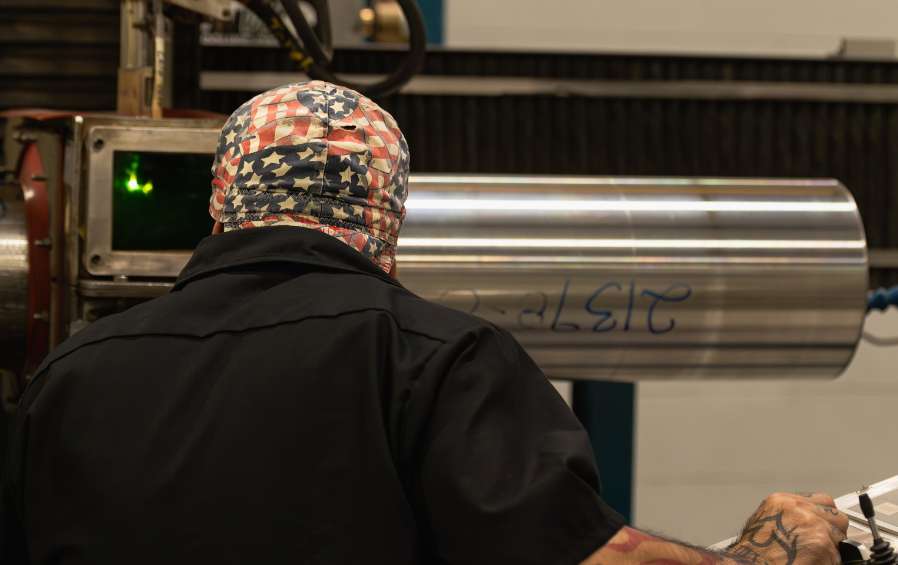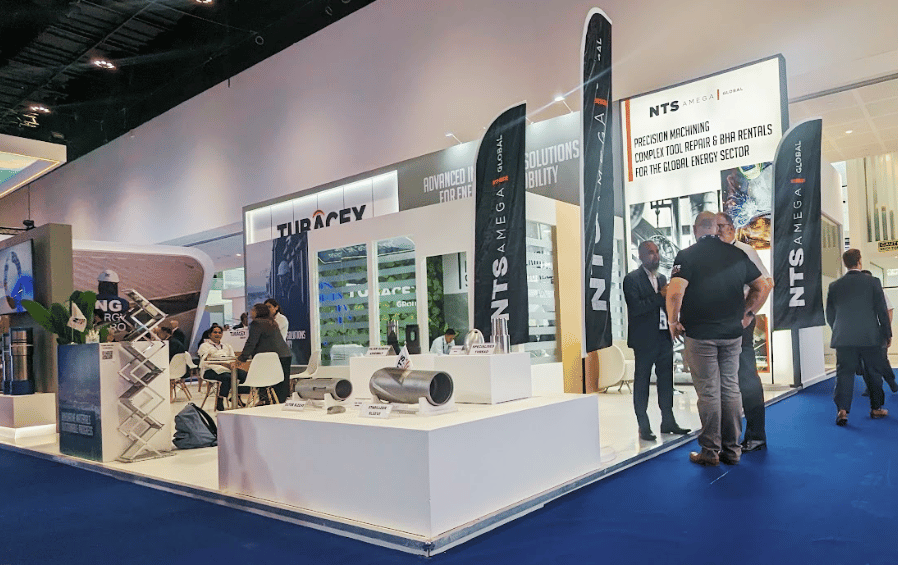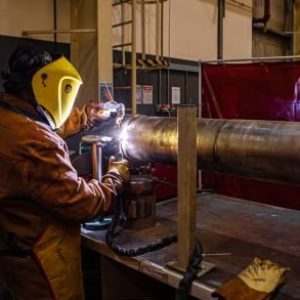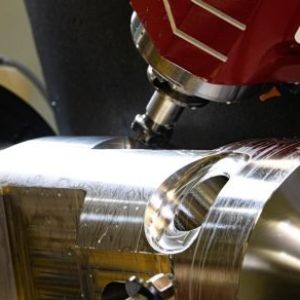How oil and gas manufacturers decide which metal to use involves a number of considerations. Not least what is specified by the client. The world of oil and gas is filled with harsh conditions and demanding environments. It is therefore the choice of materials that plays a pivotal role in ensuring safe and efficient operations. From drilling rigs to pipelines and processing facilities, the selection of the right metal can make all the difference. To get the most out of your tools, we advise our clients on the best materials each and every day.
So, how do oil and gas manufacturers decide which metal to use for their needs?
There are several key factors that specialist oil and gas machine shops, such as NTS Amega Global, will consider when advising and recommending a specific material to customers.
1. Temperature and Pressure Tolerance:
In the world of oil and gas exploration, extreme temperatures and pressures are commonplace. Manufacturers need metals that can withstand these conditions without buckling under pressure or succumbing to deformation. High-strength alloys like Inconel and titanium are often favored for their exceptional resistance to both high and low temperatures. This can make them ideal for critical components.
2. Corrosion Resistance:
One of the foremost factors driving the choice of metal is its ability to withstand corrosion. Oil and gas operations often involve exposure to a cocktail of chemicals, moisture, and gasses that can erode metals over time. When asking the question ‘how to decide which metal to use’, manufacturers may opt for corrosion-resistant metals, such as stainless steel and corrosion-resistant alloys. This can ensure the longevity of their equipment and structures.
3. Cost-Effectiveness:
Helping our customers maximise their profitability is critical to their success, and our success. While performance is key, cost-effectiveness is equally critical. Manufacturers carefully weigh the expense of the metal itself, as well as its fabrication and maintenance costs, against the benefits it provides. Striking the right balance ensures that projects remain economically viable without compromising safety or quality.
4. Strength and Durability:
The rugged nature of the oil and gas industry demands materials that are strong and durable. Equipment subjected to heavy loads, mechanical stress, and vibrations must be constructed from metals with high tensile and yield strengths. Carbon steel, alloy steel, and duplex stainless steels are often chosen for their impressive combination of strength and durability.
5. Compatibility:
The compatibility of the chosen metal with the substances it comes into contact with is paramount. Whether it’s the hydrocarbons being extracted or the various chemicals used in processing, the metal must not react with these substances to avoid contamination and equipment degradation.
6. Regulations and Standards:
The oil and gas industry is heavily regulated to ensure safety and environmental protection. Manufacturers must adhere to strict regulations that dictate the types of materials permissible for various applications. Choosing metals that meet these standards is not only a legal requirement but also essential for maintaining ethical practices and industry credibility.
7. Availability:
This point is critical to how oil and gas manufacturers decide which metal to use. In a world where projects often have tight deadlines, the availability of the chosen metal is a crucial consideration. Manufacturers must ensure that the selected metal can be sourced in the required quantities and within the desired timeframe. Delays in material procurement can lead to project setbacks and increased costs. At NTS Amega Global our local facilities keep a stock of nearly $20m of non-mag material available for our clients.
8. Weldability and Fabrication:
The ease with which a metal can be welded and fabricated into complex shapes significantly influences its suitability for specific applications. Metals that can be readily moulded and joined together without compromising structural integrity are preferred for intricate designs and custom equipment.
9. Long-Term Performance:
Oil and gas projects are long-term investments, and manufacturers need materials that can deliver consistent performance over extended periods. Choosing metals with proven track records of longevity and reliability reduces the need for frequent maintenance and replacements, translating into cost savings in the long run.
10. Environmental Considerations:
This is a topic that is becoming ever more important across the globe and is a high priority for us at NTS Amega Global. As global awareness of environmental impact grows, the oil and gas supply chain has become increasingly mindful of the ecological footprint of their operations. Some metals have a higher environmental impact due to their extraction processes, recyclability, or the distance of the machining facility to the well. Opting for metals with lower environmental footprints aligns with ESG and sustainability goals, corporate social responsibility, and in some cases, shareholder value.
Answering the question ‘how oil and gas manufacturers decide which metal to use’ is, therefore, a multifaceted endeavor that requires careful consideration of numerous factors. From withstanding corrosive environments and extreme conditions to complying with regulations and minimizing costs, manufacturers must navigate a complex landscape to ensure the success of their projects. The right choice of metal isn’t just a matter of practicality—it’s a cornerstone of safety, efficiency, and sustainability in the dynamic world of oil and gas.
At NTS Amega Global we can advise on various metal types. Read more about our manufacturing services here.









